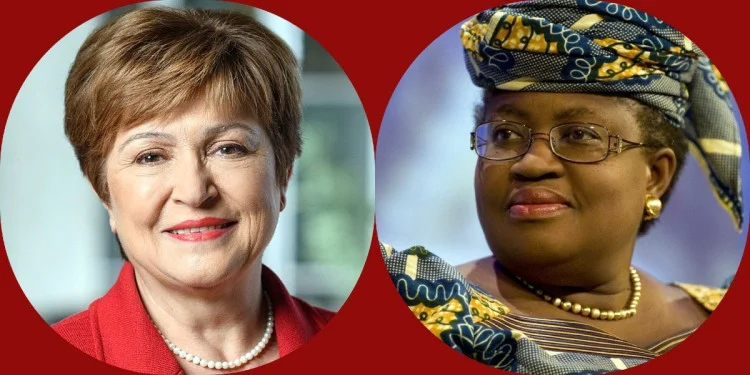In a policy paper published in June 2023, Dr. Ngozi Okonjo-Iweala, Director General of the World Trade Organization (WTO), and Kristalina Georgieva, Managing Director of the International Monetary Fund (IMF), underscored the critical role of enhanced global trade in addressing global challenges, particularly the climate crisis.
The paper emphasizes that multilateral cooperation and common standards can accelerate the transition to a greener economy while preventing market fragmentation and adverse policy impacts on other nations.
Trade’s Impact on Green Technology
The leaders highlighted a nearly 90% reduction in solar power prices since 2010, with the WTO estimating that 40% of this cost decline results from economies of scale enabled by trade and cross-border value chains.
The paper states, “Many of today’s most pressing global problems cannot be solved without international trade.
We cannot overcome the climate crisis and achieve net zero greenhouse gas emissions without trade. Trade is necessary to distribute low-carbon technology and services to where they are needed.
Open and predictable trade reduces the cost of decarbonization by expanding market size, enabling scale economies, and promoting learning by doing.”
Challenges from Trade Restrictions
Okonjo-Iweala and Georgieva noted a rise in trade restrictions and subsidies since the global financial crisis, exacerbated by government responses to the COVID-19 pandemic and geopolitical conflicts, such as Russia’s war in Ukraine.
These factors have led to trade-distorting policies and efforts to secure strategic supply chains, complicating global trade dynamics.
African Trade and AfCFTA’s Role
In a related development, a May 2023 IMF departmental paper, as reported by Nairametrics, advised African countries to leverage climate solutions within the continent, particularly through the African Continental Free Trade Area (AfCFTA).
The IMF emphasized that regional trade integration enhances resilience by reducing dependence on sectors vulnerable to climate change-related natural disasters.
By facilitating cross-border movement of goods, AfCFTA enables African nations to diversify sources of climate-vulnerable products and expand trade in climate-related infrastructure, services, and finance.
The paper also highlighted opportunities for African economies to strengthen their integration into global value chains as suppliers of critical minerals and commodities, driven by intensified global demand.
AfCFTA supports this by diversifying export destinations, import sources, and cross-border value chain patterns, fostering regional trade resilience.






